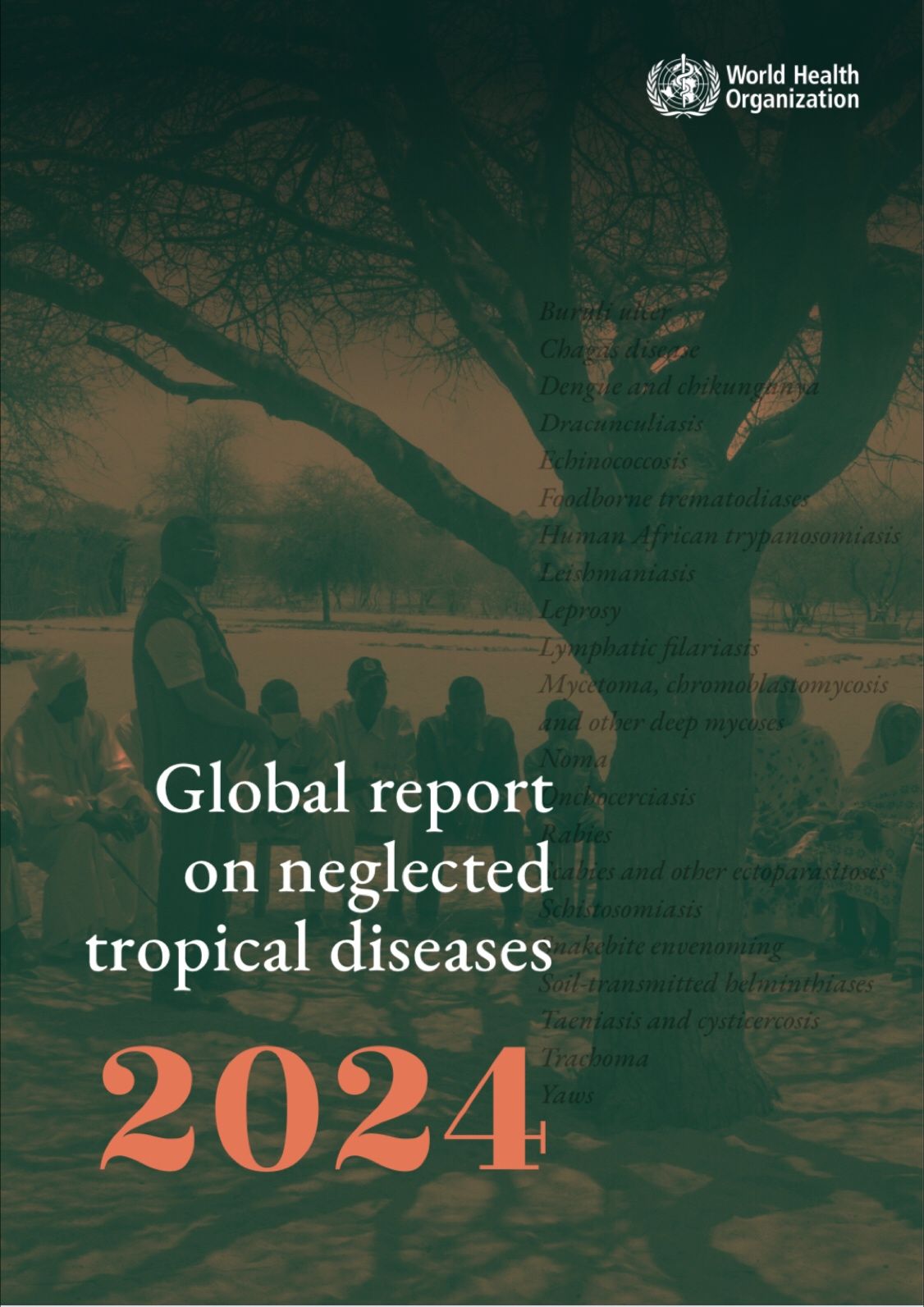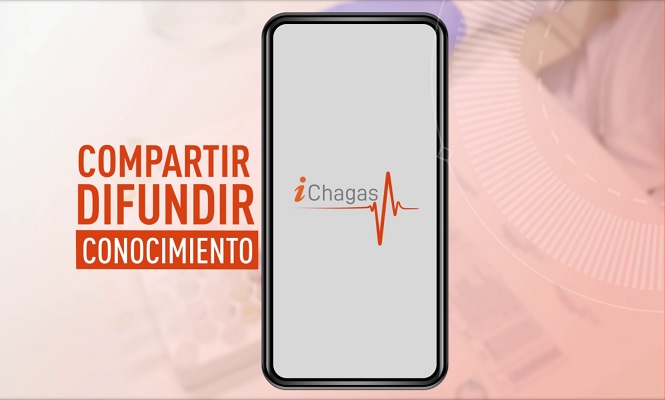
"In view of the upcoming 77th session of the World Health Assembly (WHA77), which will take place in Geneva on 27 May–1 June 2024, the World Health Organization (WHO) has released its Global report on neglected tropical diseases 2024.
The report provides Member States and the global community of partners with an account on progress made in 2023 towards the implementation of the Road map for neglected tropical diseases 2021–2030. Notably, the progress report is one of the agenda items included in the WHA77 agenda.
'With a renewed focus on strategic priorities addressing advocacy for action, partnership, costing and accelerated implementation, technical gaps including R&D and leadership, we must intensify our collective action to address the deep-rooted inequalities that fuel the transmission of NTDs in the populations where they persist´ said Dr Ibrahima Socé Fall, Director, WHO Global Neglected Tropical Diseases Programme.
The Global report on neglected tropical diseases 2024 highlights encouraging advancements in the battle against NTDs.
Regarding Chagas diseases there are 5 indicators to measure the progress towards specific objectives:
- 37% of countries achieving interruption of transmission through the four transmission routes in 2030.
- 86% of countries achieving interruption of domiciliary vector transmission
- 100% of countries achieving interruption of transfusional transmission
- 100% of countries achieving interruption of organ transplantation transmission
- 37% of countries achieving interruption of vertical transmission
Progress has been made mainly in number 2 (vector transmission). In 2023, “ten Latin American countries have been verified for interruption of domiciliary vector transmission in the whole national territory or a portion of it. An additional group of countries have interrupted vectorial transmission by the principal triatomine bug, in the whole national territory or in a portion of it”. This is more than the expected milestone for 2023, reaching the 48% of targeted countries.
On the contrary, for the other 4 indicators, there is no equivalent progress. However, according to the report, “several countries are regularly screening both organ donors and receivers and no new cases of infection have been reported to WHO for the past 3 years”. Regarding the elimination of transmission of congenital Chagas disease, some countries are implementing the screening and antiparasitic treatment of girls and women of childbearing age with T. cruzi infection, or screening of pregnant women and antiparasitic treatment of newborns and siblings. The region of Murcia, a first administrative division of Spain, is the first territory to claim to have achieved sustained interruption of congenital transmission over the past 7 years.
The report also highlights the impact of the Chagas Disease World Day (April 14th) which put the disease in the global health map as well as the participation and contribution of alignments between health sectors and civil society groups, implementation partners, producers and research organizations. There is a special mention to the more than 30 patient’s associations distributed among the Americas, European and the Western Pacific regions, under the umbrella of the International Federation of Associations of People Affected by Chagas disease (FINDECHAGAS).
The global report highlights key challenges, ranging from a slow post-COVID-19 recovery to funding uncertainties, from geopolitical disruptions to climate change, from gaps in knowledge and tools to insufficient data, to illustrate the complexities inherent in addressing NTDs.
Read the official new by the World Health Organization HERE.


